According to the failed contractors records published by administrator FRP Advisory, more than 700 firms have been hit by the collapse of the south east tower builder.
Henry also held performance bonds with a dozen surety providers. While final losses have still to be calculated by site owners losses could total up to £160m, warns the newly published administrators report.
Joint administrators Geoff Rowley and David Hudson at FRP blamed the firm’s sudden demise after reporting solvent accounts a year before on a sudden squeeze on fixed price contracts from materials and labour inflation.
When FRP was appointed £400m turnover Henry had 60 live sites with just 54 staff and a further 41 subcontracted quantity surveyors on the books.
FRP said while Henry held major plant and machinery assets, a significant amount was not at expected locations and several landowners had reported that plant was being removed from project sites in the days leading up to administration.
The firm has now appointed consultants to seek to recover missing assets.
The administrator’s report says: “The company’s business model was to enter into fixed-priced construction contracts which were keenly priced to give them a competitive edge over the company’s competition.
“Typically the profit margin on these contracts was less than 13%, which was adequate when costs remained static, and the company’s low prices were attracting substantial business.
“However over the past two years, construction costs rose on average by 24.5% in 2021 and by 15% in 2022 when previous increases were some 3-5% per year.”
“The directors were aware that while the filed company accounts to June showed the company to be solvent, it was clear that by continuing to trade, the mounting losses on all the active projects had resulted in the position deteriorating quickly.”
As Henry’s problems became widely known subcontractors started approaching developers to demand payment for continuing to work on site, contractors started to issue payment notices and Henry debtors ceased to make payments that were due.
A winding up petition from London drylining contractor Ozel Group, supported by other creditors, finally brought the contractor’s problems to a head leading to the appointment of FRP.
A further progress report will be published at the end of this year.





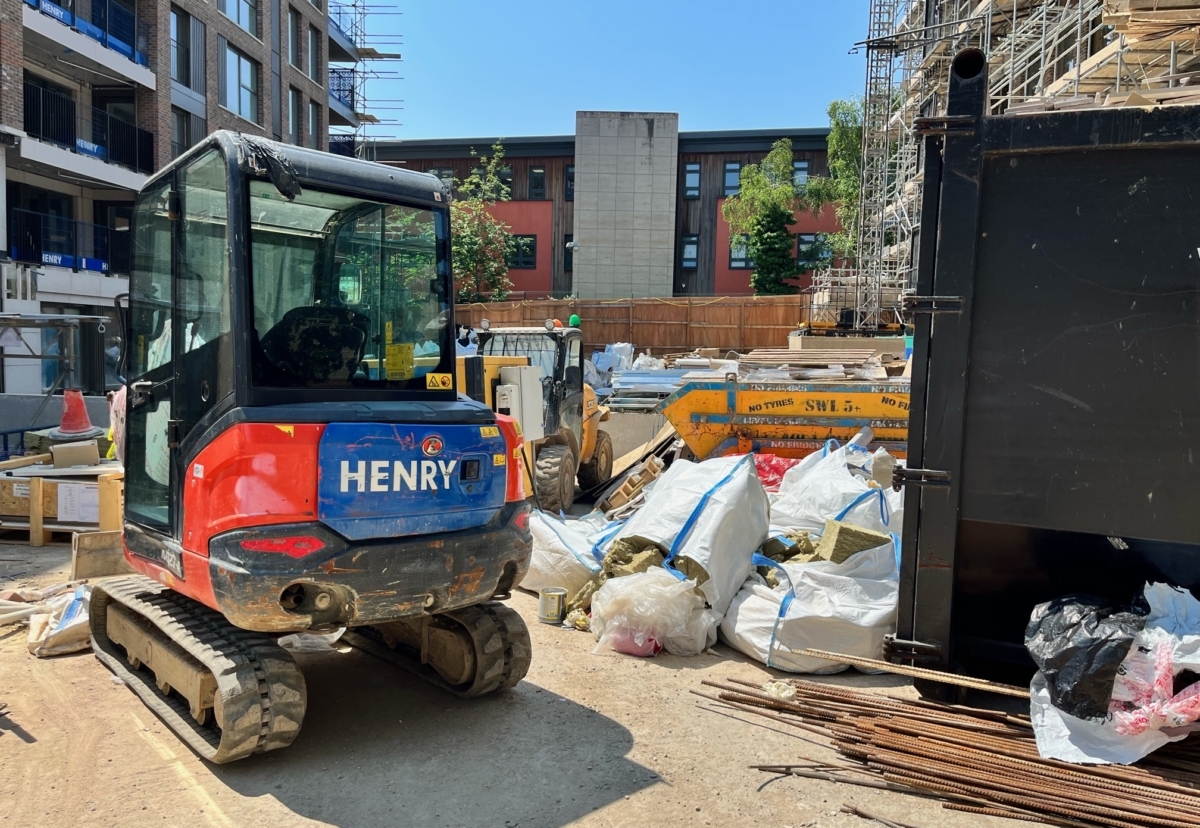





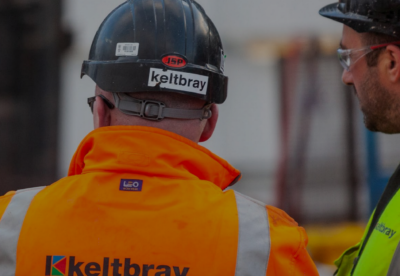

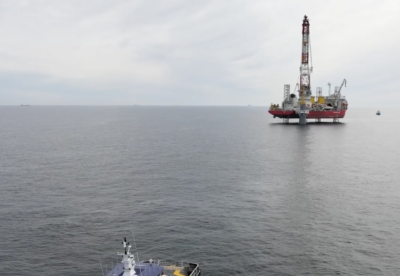

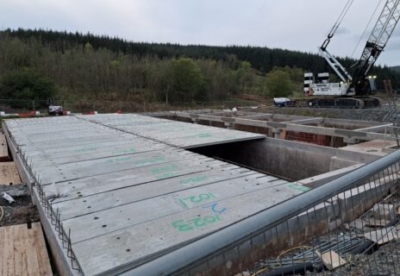


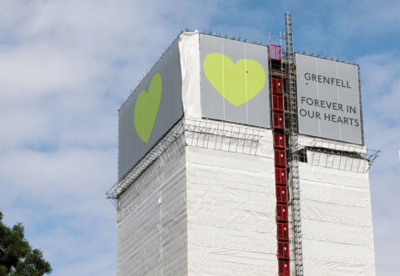
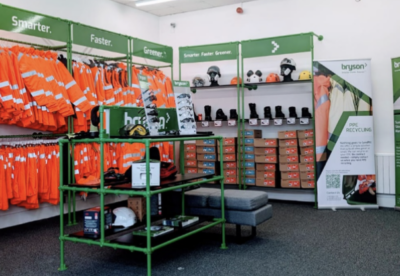







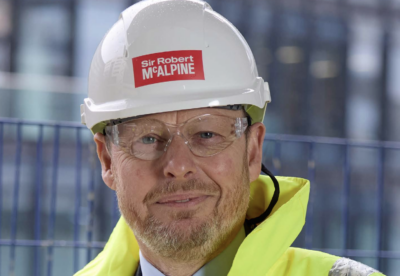
.gif)
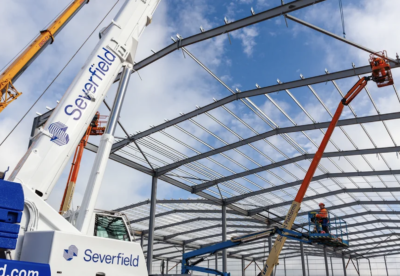
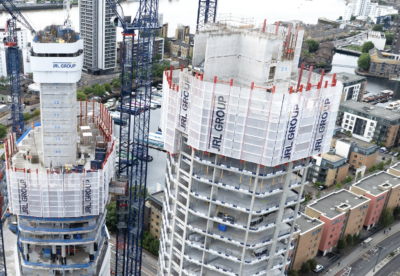









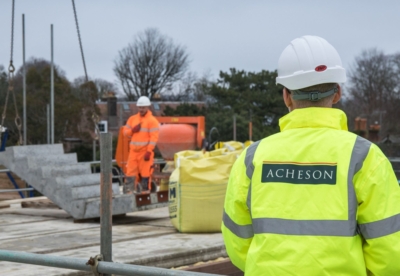



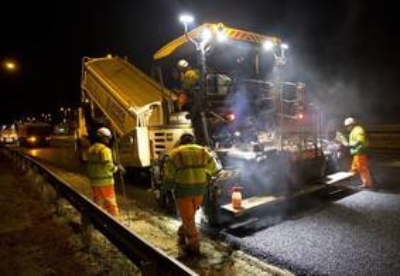







 (300 x 250 px).jpg)

